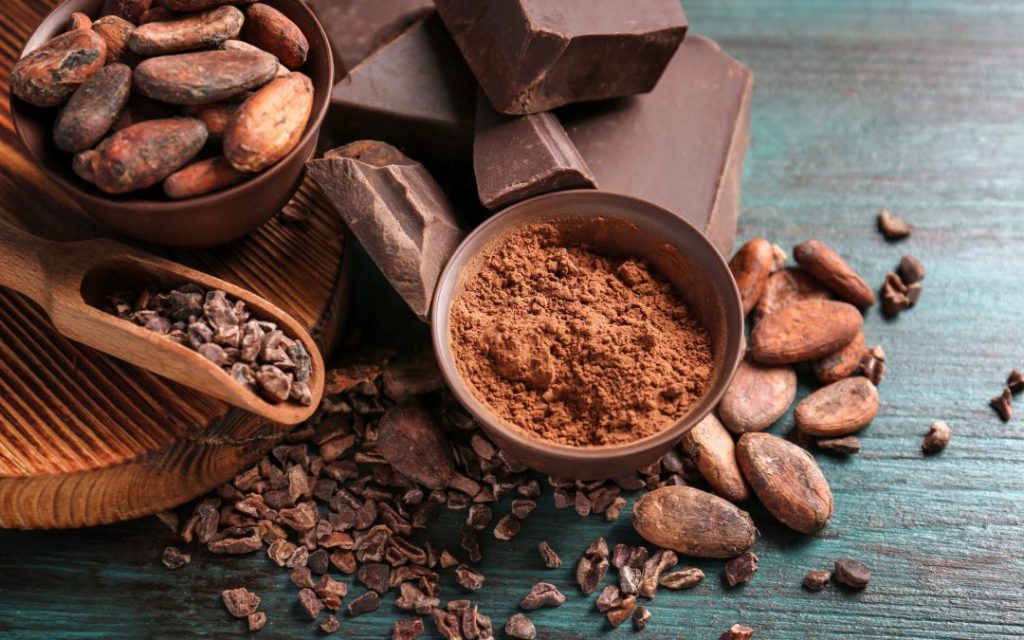The global cocoa industry is facing rising challenges — from fluctuating prices and climate change to shifting consumer expectations for sustainability. Amid these uncertainties, Indonesia has become a vital partner in meeting the world’s cocoa import needs. With its strong production base, growing processing capacity, and commitment to sustainable trade, Indonesia is uniquely positioned to support global cocoa demand.
1. Reliable Cocoa Production
Indonesia is the third-largest cocoa producer worldwide, supplying millions of tons annually to international markets. While West Africa dominates in volume, Indonesia provides a stable alternative origin for buyers looking to diversify their sourcing and secure long-term supply.
2. Wide Range of Exportable Cocoa Products
Unlike many producing countries that focus primarily on raw beans, Indonesia has invested heavily in its cocoa processing industry. Importers can source:
- Cocoa powder (natural, alkalized, low-fat, black)
- Cocoa butter for chocolate, cosmetics, and pharmaceuticals
- Cocoa nibs and extracts for functional foods and beverages
- Custom cocoa blends tailored for specific applications
This diversity allows Indonesia to serve multiple industries — from confectionery and bakery to cosmetics and nutraceuticals.
3. Certifications for Global Trade
To ensure compliance with international standards, Indonesian cocoa exporters provide:
- Halal certification for Muslim-majority markets
- ISO and HACCP compliance for food safety
- Phytosanitary certification for safe cross-border shipments
- Traceability and sustainability programs to meet ethical sourcing requirements
These certifications make Indonesia’s cocoa highly attractive to importers who require reliability and transparency.
4. Sustainable Farming and Smallholder Empowerment
Indonesia’s cocoa industry is driven largely by smallholder farmers, who are increasingly supported with training programs in:
- Good Agricultural Practices (GAP)
- Post-harvest handling to improve quality
- Sustainable cultivation methods to reduce environmental impact
By empowering farmers, Indonesia ensures a sustainable and ethical cocoa supply chain that aligns with global consumer expectations.
5. Strategic Role in Global Supply Chains
Indonesia’s geographical position gives it a logistical advantage for Asian, Middle Eastern, and Oceania markets. Combined with its growing processing capacity, the country is becoming a key hub for cocoa exports, ensuring buyers have access to both raw materials and value-added cocoa ingredients.
Conclusion
Indonesia supports global cocoa import demand by offering reliable supply, diverse product options, internationally recognized certifications, and a strong commitment to sustainability. As the global cocoa market faces ongoing volatility, Indonesia stands out as a trusted partner for importers seeking stability and long-term growth.

